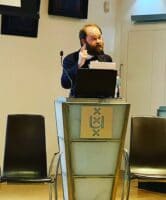
Summary
The psychedelic dimension of religious experience occupies a marginal position in the scholarship of American culture. For the last seven decades, scholars have viewed the psychedelicist church movement as, variously, an excuse for taking illegal drugs, an inauthentic mode of religious fellowship, and a purely oppositional “counter-culture.” More recent scholarship challenges these interpretations by emphasizing the legitimacy of the experiences occasioned by psychedelics. “Angelheaded Hipsters: Psychedelic Militancy in Nineteen Eighties North America” looks at the ways Cold War dissidents in the United States utilized amateur self-publication to build a grassroots movement of psychedelicist activism. Specifically, it asks how an innovative discourse of holiness centered on the use of drugs, or “psychedelicism,” developed within fanzines — uncommercial, nonprofessional and small-distribution magazines circulated in the tens of thousands during the 1980s. In order to explore this question, the dissertation focuses on the preeminent status of psychedelic fellowships (particularly the Discordian Society, the Church of the SubGenius and the Moorish Orthodox Church of America) within the literary microcosm of fanzines. Opposing both American capitalism and Soviet communism, these understudied churches mobilized the fanzine network to launch a revolutionary, or “third way” movement based on the use of mind-expanding drugs, which they construed as the only viable alternative to the nuclear destruction that then seemed inevitable.
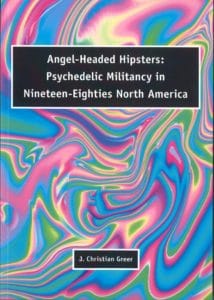
Follow J. Christian Greer on: Instagram
Follow Christian’s work on Academia.edu
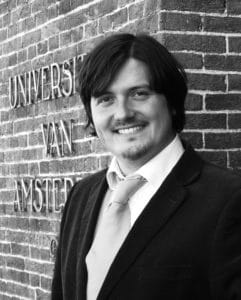
Summary
‘Spiritual alchemy’ is a contested term that is often accompanied by far-reaching claims about the presumed essence of alchemy.
Despite the troubled past of this term, this study reclaims ‘spiritual alchemy’ as a precisely definable category for historical research. The term stands for the practical pursuit of inward but physically real transmutation, its goal being the reversal of the Fall as a preparation for the resur-rection of the dead at the Last Judgment.
Spiritual alchemy in this sense first developed around the turn of the seventeenth century, due to the confluence of two important currents: German mysticism and alchemical Paracelsianism. In underground networks of religious dissenters, mystical and spiritualist as well as alchemical and Paracelsian writings circulated side by side. In this context, spiritual alchemy eventually reached Jacob Boehme. According to his understanding, laboratory alchemy was but a lesser, grossly material reflection of spiritual alchemy.
Drawing extensively on the manuscript record, this study traces how Boehme’s spiritual alchemy ultimately came to shape Mary Anne Atwood’s enduringly popular Suggestive Inquiry into the Hermetic Mystery. It appears that a formerly minor strand of early-modern alchemy exerted crucial influence on this first major presentation of modern alchemy.
Visit Mike’s blog, Praeludia Microcosmica
Follow Mike’s work on Academia.org
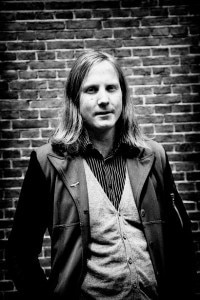
Summary
The dissertation presents a new perspective on Max Weber’s notion of the “disenchantment of the world”. According to Weber, the disenchantment process was driven primarily by the modern natural sciences, leading to the disappearance of “magic” and the absolute separation of the spheres of science and religion. Combining history of science with the history of religion and esotericism, this work 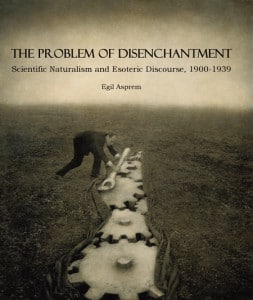
Follow Egil’s work in social media: Instagram, Facebook, Twitter
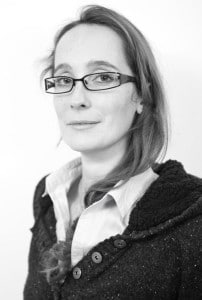
Short summary
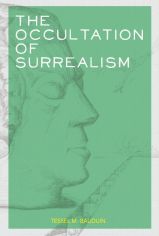
Follow Tessel’s work on Academia.edu
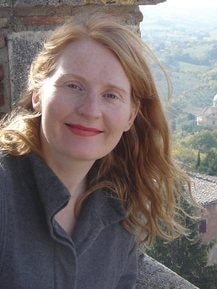
Short summary:
Artists such as Michelangelo and Botticelli made extensive use of the views of the Florentine Neoplatonist Marsilio Ficino (1433-1499) for several of their most famous works. In particular, Ficino’s ideas concerning inspiration (furor), love and imagination played a major role. The significance of Ficino for Renaissance art and art literature was a popular topic for art historians from the 1930s through to the 1970s, but in the subsequent period the extent of the influence he exercised has been much questioned. New source material, revised dating and close reading of relevant texts now show this discussion in a quite different light.
Marieke’s work on Academia.edu
Follow Marieke van den Doel on Facebook
As part of the University of Amsterdam, our research falls under the umbrella of the Amsterdam School of Historical Studies (ASH) at the Faculty of Humanities.
As part of the Religious Studies unit the HHP centre participates in the interdisciplinary research group on Religious Dynamics and Cultural Diversity.
The presence in Amsterdam of the famous Bibliotheca Philosophica Hermetica, situated in the Embassy of the Free Mind, and of the rich material of the Amsterdam University Library’s Special Collections (Bijzondere Collecties) provides important research facilities for our staff. The HHP’s strong emphasis on historical research of primary sources is greatly advanced by these libraries and collections.
The HHP centre is an intrinsic part of a larger international network that promotes, creates and distributes peer-reviewed academic research in the interdisciplinary field of Western esotericism.
The European Society for the Study of Western Esotericism (ESSWE) was founded in Amsterdam in 2005, the staff at the HHP centre continues to be deeply involved with the further development of this international learned society.
Our staff has also been instrumental in setting up and running the leading peer-reviewed journal devoted to Western esotericism, Aries, and the Aries Book Series – both published by Brill under the auspices of the ESSWE.
An overview of dissertations completed at the HHP centre.
Would you to like to get in contact with our researchers or get more information about research at the HHP Centre?
The Center for History of Hermetic Philosophy and Related Currents (HHP) is part of the Faculty of Humanities at the University of Amsterdam. We are committed to the highest standards of critical academic scholarship, independent of any worldview.
Visiting adress:
Bushuis / Oost-Indisch Huis
Kloveniersburgwal 48
1012 CX Amsterdam
The Netherlands
Postal adress:
Postbus 1622
1000BP Amsterdam
Email: hermetica-fgw@uva.nl
The Center for History of Hermetic Philosophy and Related Currents (HHP) is part of the Faculty of Humanities at the University of Amsterdam. We are committed to the highest standards of critical academic scholarship, independent of any worldview.
Visiting adress:
Bushuis / Oost-Indisch Huis
Kloveniersburgwal 48
1012 CX Amsterdam
The Netherlands
Postal adress:
Postbus 1622
1000BP Amsterdam
Email: hermetica-fgw@uva.nl
The Centre for History of Hermetic Philosophy and Related Currents (HHP) is part of the Faculty of Humanities at the University of Amsterdam. We are committed to the highest standards of critical academic scholarship, independent of any worldview.
Visiting adress:
Bushuis / Oost-Indisch Huis
Kloveniersburgwal 48
1012 CX Amsterdam
The Netherlands
Postal adress:
Postbus 1622
1000BP Amsterdam
Email: hermetica-fgw@uva.nl
© HHP 2022 – by Digital Marketing Agency MIAX